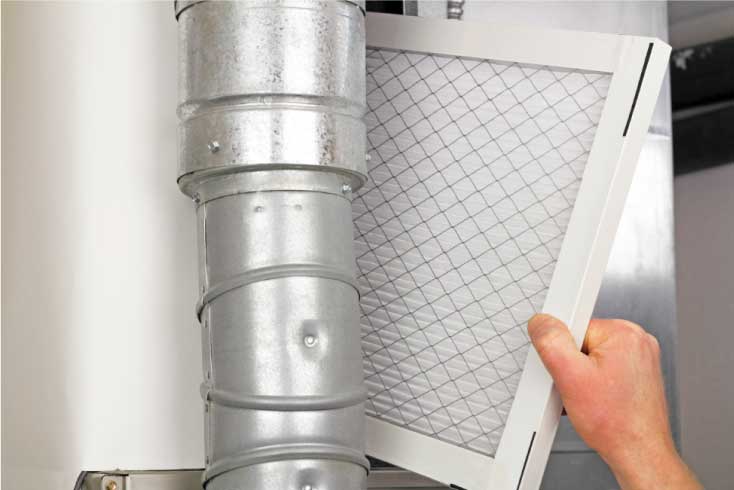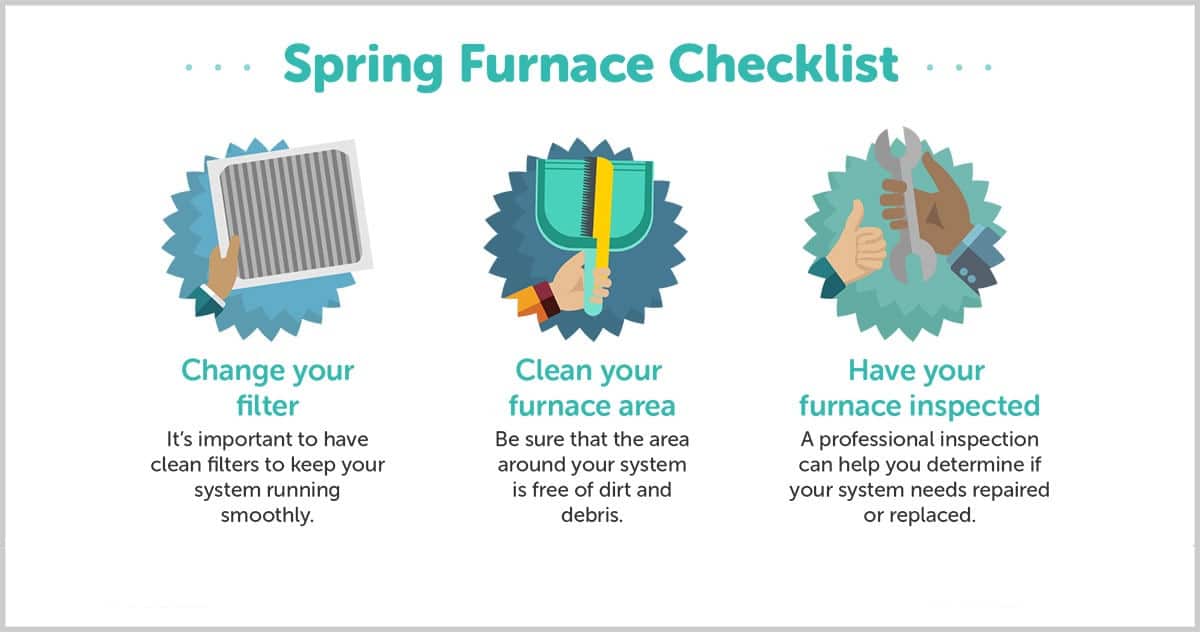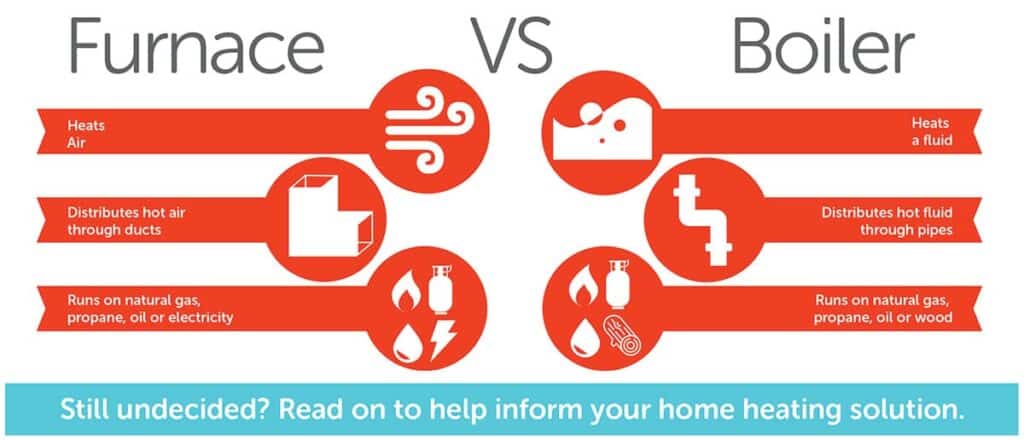Removing pollutants from the air in your home means you and your family can breathe cleaner. It also means you can breathe easier knowing that your heating and cooling system isn’t being overworked and raising your utility bills. That’s because dirt can cause furnace or air conditioner failure and an AC or furnace filter’s main job is to stop dirt and dust from entering your equipment.
Unfortunately, filters have a short lifespan because they fill up quickly with all the pollutants, dust particles and allergens in the air.
MERV ratings
Selecting the right air filter for your home can be a confusing process, with so many products available in the market. Being able to choose the best air filter takes a basic understanding of MERV ratings (Minimum Efficiency Reporting Value), and how they reflect the quality of the filter.
An air filter’s MERV indicates its ability to capture airborne particles while air is flowing through your heating or cooling system. For residential purposes, MERV ratings range from 1-16. Generally speaking, the cheaper the filter is, the lower the MERV number is. Air filters with lower MERV ratings will remove a smaller percentage of pollutants from your home. Filters with a MERV between 7 and 12 are considered good quality.
Although filters with a higher micron/MERV rating cannot eliminate the need for dusting, they can help reduce the need.
Listed below are some of the most common types of residential HVAC air filters, and the MERV rating you can expect to find on each one:
Fiberglass Air Filters
Often available for less than $10, fiberglass air filters have thin flat surfaces that trap particles and clean the air but only catch up to 20% of pollutants ranging from 3 to 10 microns, removing mainly larger particles like dust, lint and small insects. Originally designed to protect heating and air conditioning equipment, these filters are less effective when it comes to improving indoor air quality. It’s recommended to replace them once every month.
MERV Rating: 1-4
Electrostatic Air Filters
Disposable electrostatic air filters contain self-charging electrostatic cotton or paper fibers that attract and trap small particles. The electrostatic charge is created by air flowing through a maze of the static-prone fibers. These filters are good for homes with children, pets or smokers, and are affordable in standard sizes. It is recommended to replace disposable electrostatic filters every three months to keep your home free of airborne allergens.
MERV Rating: 6-8
Pleated Air Filters
A step up from and better investment than fiberglass air filters and more popular than electrostatic air filters, disposable pleated filters capture between 70-90% of the airborne pollutants in your home between 3 and 10 microns. Made from polyester or cotton paper, – the more pleats, the greater the coverage. Pleated air filters can be purchased for around $15 each or less, and like electrostatic air filters, only need to be switched out every three months.
MERV Rating: 6-13
High-Efficiency Air Filters
High-efficiency air filters are generally considered the most effective filters for most residential HVAC systems. Some are made from 4-5” pleated synthetic cotton attached to a rigid metal grid, these filters can trap up to 95% of particles down to 0.3 microns in size including very tiny dust particles, pollen, mold and other irritants. There are also UV filters, which are high-end filters that contain all the components of a traditional but with a germ killing UV light.
Using an HVAC filter ranging between a 9-12 MERV rating is an excellent means of controlling dust and other particles.
MERV Rating: 9-16
Another important aspect to consider when choosing a filter is airflow restriction or static pressure drop across the filter. Generally filters with a higher MERV rating have a more profound effect on airflow. Choosing a filter with too much restriction to airflow will cause your furnace to work harder and could increase your energy bills and lead to increased equipment failure.
Reusable Air Filters
Some filters can be reused. While this is a great idea, in principle, these filters still need to be cleaned on a regular basis to remove dust and debris. Unfortunately, just as disposable filters typically aren’t replaced often enough, reusable filters are often not cleaned enough, meaning they may not be doing the job they’re designed to do.
Which Filter Is Right for You?
Different filters serve different needs, depending on whether allergies are an issue or pet dander, for instance. A Reliance Home Comfort Advisor™ can help you determine the filter that’s right for you.
Filter Tip:
Keep a supply of new filters on hand. It’ll help make it quick and convenient to change dirty filters when you need to.
And schedule filter changes in your calendar according to manufacturer recommendations or as needed.








